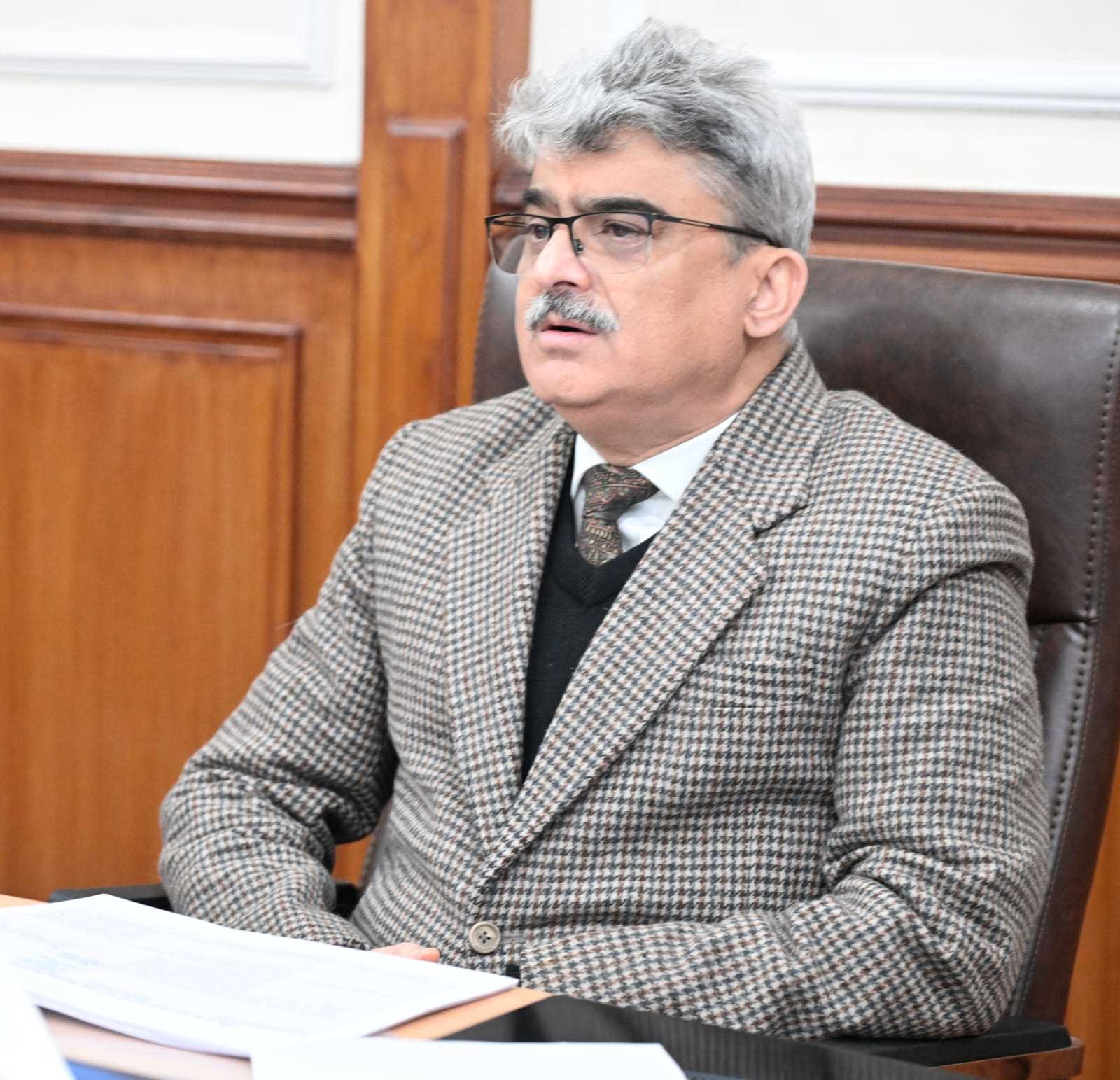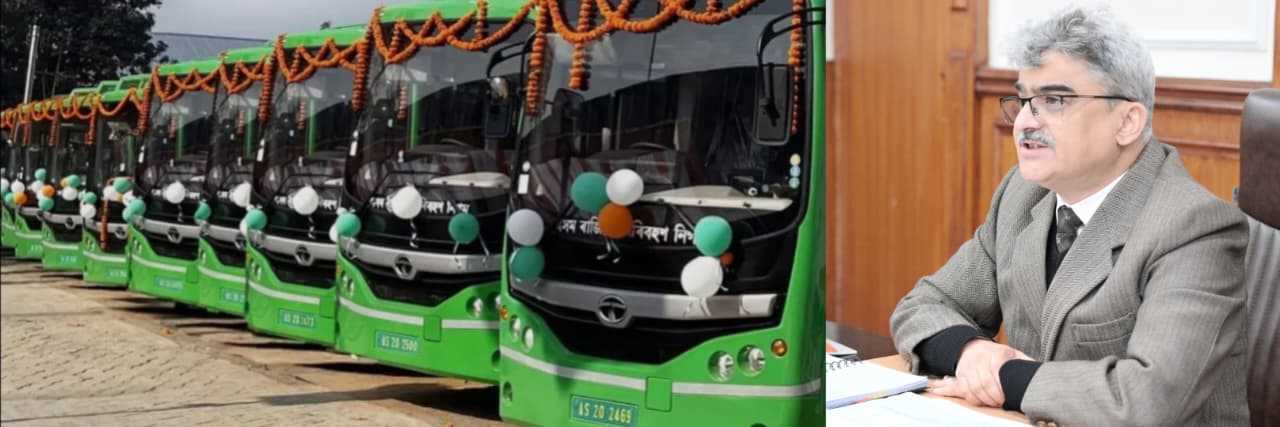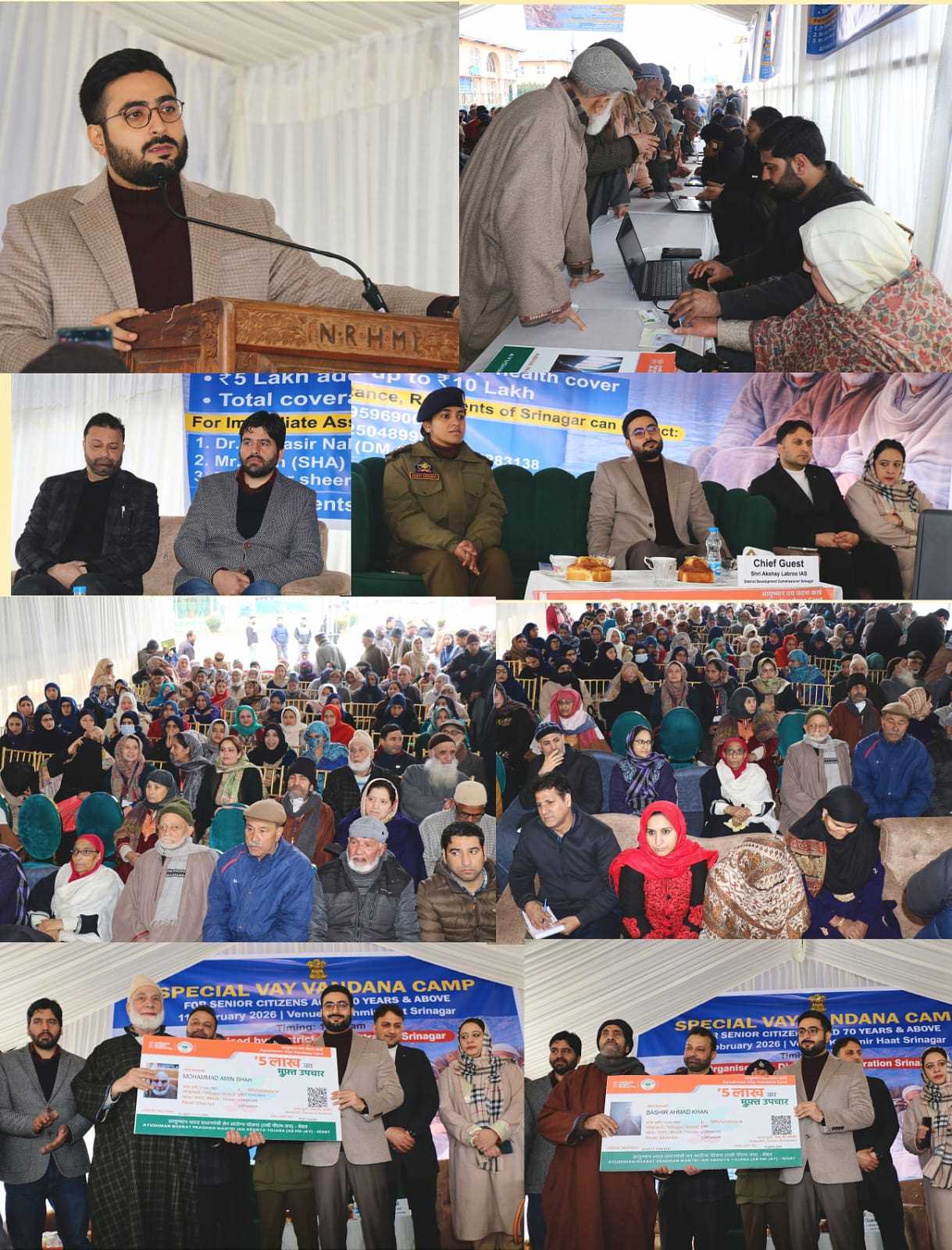Once revered as the “water tower” of the Indian subcontinent, Kashmir is now staring down a growing water crisis that threatens not only our fragile ecosystem but also the lives and livelihoods of our people. Despite our reputation for abundant rivers, glacial streams, and natural springs, Kashmir’s water security is eroding rapidly due to a combination of climate change, mismanagement, and over-extraction. The most alarming contributor to the crisis is the decline in glaciers that feed the Jhelum and its tributaries. The Himalayas, which act as the primary water source for the valley, are losing their icy reserves at an accelerated pace due to global warming. Studies show that Kashmir’s glaciers are retreating at an unprecedented rate, with some shrinking by more than 30% over the past few decades. This not only reduces the perennial flow of rivers but also disrupts seasonal water availability, increasing dependence on erratic rainfall. Adding to this natural crisis is the decline in groundwater levels. With population growth and urban expansion, the demand for water has surged, leading to unregulated borewell drilling and groundwater extraction. Agriculture, which employs a large portion of our population, consumes a majority of this water. Yet, inefficient irrigation practices and lack of rainwater harvesting systems have exacerbated the depletion. Moreover, our famed springs — once numbering in the thousands — are vanishing. Many of these natural sources have dried up due to both climatic changes and human encroachment. Urban development has choked recharge zones, while pollution and poor waste management have rendered several water bodies unsafe for use. The implications of this looming crisis are far-reaching. Water scarcity could severely disrupt agriculture, which remains the backbone of Kashmir’s rural economy. Reduced crop yields and food insecurity could follow, leading to economic stress and social unrest. Health risks will also rise as communities resort to unsafe water sources, increasing the spread of waterborne diseases. Ecologically, the drying up of wetlands and rivers threatens the region’s biodiversity, including migratory bird populations and aquatic life. Culturally, the disappearance of springs — considered sacred in Kashmiri tradition — represents a loss of heritage and identity. Addressing this crisis demands urgent and coordinated action. Restoration of natural springs, regulation of groundwater use, promotion of water-efficient farming, and serious efforts toward glacier conservation must form the core of Kashmir’s water policy. As the valley walks a tightrope between abundance and scarcity, the time for complacency is over. The preservation of Kashmir’s water is not just an environmental necessity but a socio-political imperative. The time to act is now.






